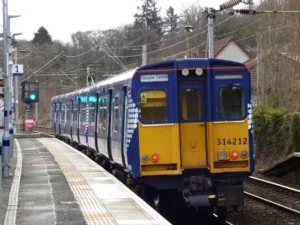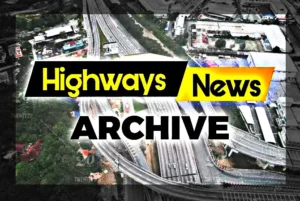Transport for Quality of Life and Friends of the Earth have worked together to produced 27 actions that local authorities can use to help reduce car use and double the proportion of journeys by public transport, cycling and walking.
The two organisations have highlighted that while a lot of these changes come within local authority remit, it’s crucial that the central government gives support and funding to help local authorities achieve this.
The top actions local authorities can take to reduce transport emissions include: establishing a network of remote working hubs, make emergency active travel infrastructure permanent, free or cheap e-bikes for key workers and jobseekers, lower speed limits, cancel local spending on road building and redirect funding to public transport and active travel.
Th organisations also call for local authorities to re-regulate and improve bus services, amend local plans and develop only where excellent public transport is included, set a carbon budget for transport and traffic reduction targets, stop subsidising or encouraging free parking and stop cutting bus services.
Mike Childs, head of science at Friends of the Earth, said: “The way we get around has a big impact on the planet. Transport has been a stubborn sector for cutting climate-wrecking emissions for years now, so 2021 needs to be the year that changes. Local authorities have a massive role to play in supporting their residents to move from cars to bikes and buses.
“A lot of these changes are within their power to make and places such as Hackney and Nottingham are already doing amazing work on transport. But this doesn’t mean central government can just sit back and relax.
“Local authorities are underfunded and under-supported, with years of austerity taking its toll. Westminster must give proper funding and support so local areas can act on the climate crisis.”
Dr Ian Taylor, director of Transport for Quality of Life, said: “We hope this briefing will empower all those who care about the Climate Emergency and are in a position to take action in their locality – whether as Friends of the Earth activists, local councillors, or local government officers.”






















